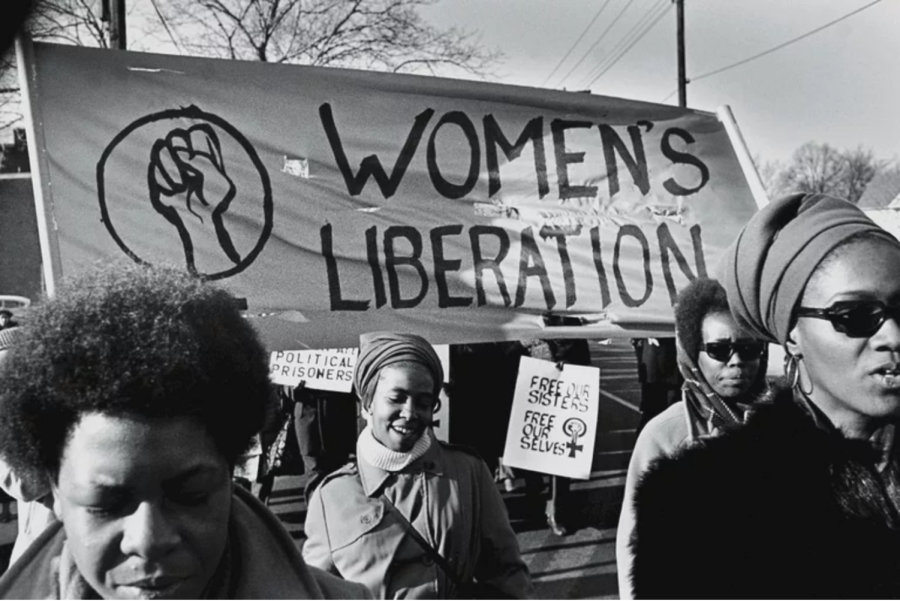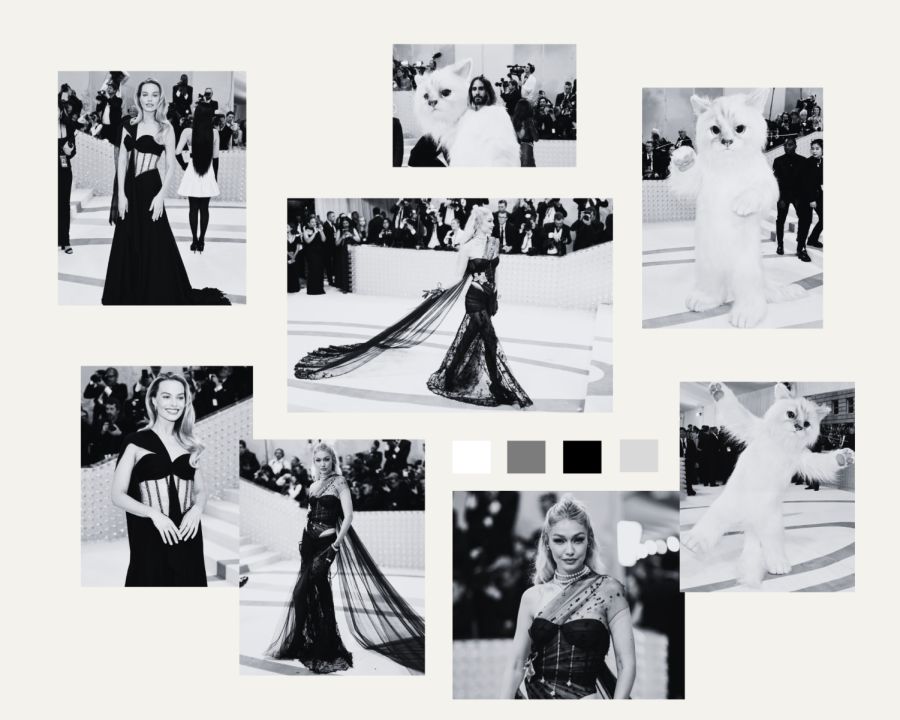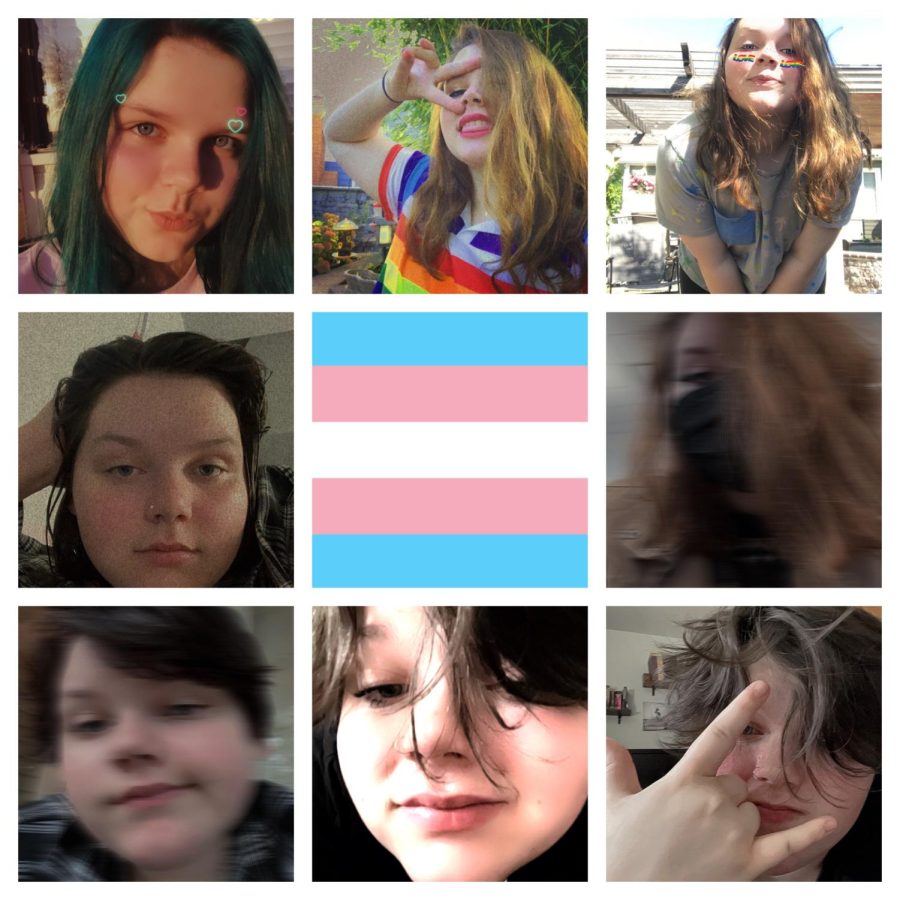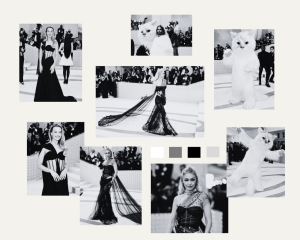Why Mens Rights issues are Women’s Rights issues, too
Women’s Liberation group marches in protest in support of Black Panther Party, New Haven, November, 1969. David Fenton / Getty Images
March 16, 2021
Although different feminists will tell you different things, this is how I, and many other women, see it. We can solve the majority of men’s issues if we solve women’s issues, because men’s issues stem from a place of misogyny. On the surface this seems like a strange way of looking at things. If we dive into the direct reason behind many issues facing men today, however, we see one overriding factor: a hatred for femininity and a hatred for women.
Discourse around Feminism has become increasingly controversial as more and more women speak out about their own poor experiences with men. Although feminism has become a much more open space, identifying as a feminist often correlates with identifying as a woman. There are many reasons for this, one being that men do not often like to associate themselves with femininity, a result of our patriarchal society. Another reason is that they often see feminism as a direct attack on men and masculinity itself. Feminism is perceived by many to be a war on men, rather than a fight for liberation, including everyone’s voice. Modern-day feminism has been catered towards men, screaming out for equality. The truth is, women don’t want to be equal to men. We want to be free of male oppression. When women speak out about women’s rights issues, men often ask the same question: “What about men? Do our issues not matter in the world of feminism?”
The most prominent issue that is brought up when discussing the problems facing men today is the lack of open space for men to express their emotions. This is undeniably true, and saying it isn’t an issue would be ridiculous. What most men do not realize, however, is that this issue is rooted in misogyny. Imagine getting shot while blindfolded, taking off the blindfold, and seeing two people: one male friend and one random woman. Men point the finger immediately at the woman, not realizing that the person who shot them down was their supposed “friend”. When men cry, or express sadness, or express anxiety, or admit to having a mental illness, they are often laughed at by a majority male audience. Men call this “gay” or “acting like a woman”. Men say that other men can’t cry because crying is a feminine trait. For men, the fact that it is a feminine trait means it is a negative trait. There is no room to be feminine as a male, because femininity is seen as inferior to masculinity in almost every regard.
Another problem that men often discuss is how women are almost always chosen to be the primary caretaker in battles of child custody. It is obvious that this is true, but the reason for it also stems from a hatred of femininity. Women are still told that their primary place in this world should be as the primary caretaker. Men believe only men should be smart. Only men should have control. Only men should bring home the bills. Women are ridiculed for being passionate about their work because they are still expected to cook, clean, and take care of children 24/7. To men, hard work is a masculine trait. Because our patriarchal society tells women they are best used when they are childbearing for a man, they are also deemed better caretakers. Thus, women often win child custody battles over their male counterparts.
Lastly, a vital issue in online discourse is the idea that women have better luck with finding relationships than men. Although on average this is true, women also face much higher rates of sexual assault and violence at the hands of men. Even though it may seem like these things have no correlation, they do. Women are highly sexualized and sought after as partners from a frighteningly young age. Men expect women to be sexual partners as soon as they go through puberty, and harass them relentlessly because of it. Because men are constantly seeking out female partners as a way to exude hyper-masculinity to their male friends, women often have better luck with relationships. It’s not that women are not interested in finding sexual partners in men, rather they have not been trained by society to do anything and everything to seek men out as a way of showing dominance. In fact, women are called derogatory words for even admitting to being interested in sex. Women can only be in proximity to sex at the hands of men, or for male enjoyment. Men can enjoy sexual activities because it’s been deemed as a masculine trait, therefore a positive one.
Men hate women for displaying any “masculine” traits. Men hate other men for displaying any “feminine” traits. By keeping these boundaries of what is acceptable for men and women to say, do, feel, etc., we’re harming everyone. If we allow everyone, not just those who identify within the gender binary, to exist in a space where the beautiful aspects of femininity and masculinity are celebrated, we’ll be so much closer to living in a society free of patriarchal standards. If we continue to live with the idea that women exist solely to please men, solely to be inferior, men and women will be further divided. This is why it is vital that men help women in the fight for liberation. They’ll in turn be more comfortable associating with femininity and identifying feminine traits within themselves.
Femininity isn’t only for women, and the sooner we as a society see femininity as a positive trait for anyone, the sooner we can break from the chains that bind us.





















